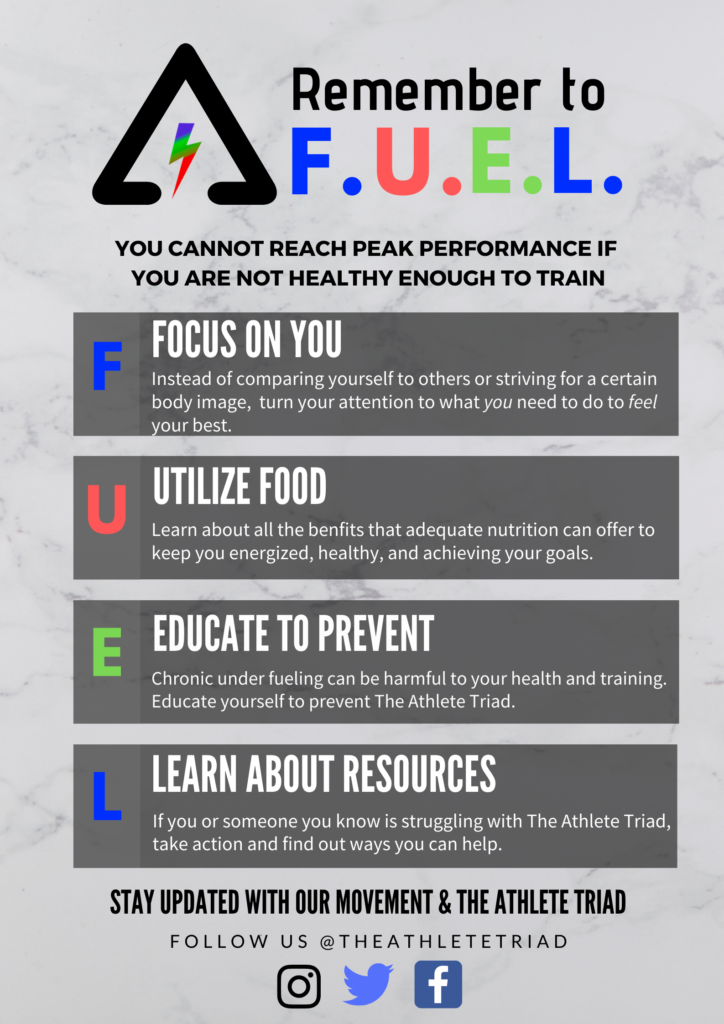When it comes to maintaining a healthy lifestyle, one of the most important factors to consider is your diet. As the saying goes, “You are what you eat,” and this couldn’t be more true. We’ve all heard about the concept of a balanced diet, but what exactly does that entail? In this blog post, I want to share with you some personal insights and informative tips on how to fuel your body right through a balanced diet.
Growing up, I was always a bit oblivious to the importance of a balanced diet. Like many kids, my go-to snacks consisted of sugary treats and greasy potato chips. Fast food was a regular indulgence, and vegetables were often pushed to the side of my plate. It wasn’t until I reached my early twenties that I started to pay closer attention to what I ate and how it made me feel.
It was during this time that I began to educate myself on the foundations of a balanced diet. A balanced diet is one that provides all the essential nutrients, vitamins, and minerals that your body needs in the right proportions. It consists of a variety of foods from different food groups, including fruits, vegetables, grains, protein sources, and healthy fats. Achieving balance means avoiding overconsumption of any one food group while ensuring that you’re meeting your body’s dietary requirements.
Including a wide range of colorful fruits and vegetables in your diet is essential. These vibrant wonders of nature are packed with vitamins, minerals, and antioxidants that help boost your immune system and protect your body against diseases. I have personally noticed a significant improvement in my overall health and energy levels since I started incorporating more fruits and vegetables into my meals. They add a delicious burst of flavor, along with crucial fiber that aids digestion and keeps you feeling satisfied.
Another crucial aspect of a balanced diet is incorporating whole grains. Instead of white bread, pasta, or refined grains, opt for whole wheat, brown rice, or quinoa. These options are higher in fiber and provide your body with a steady release of energy. I can attest that switching to whole grains has helped me feel fuller for longer and avoid energy crashes throughout the day.
Protein, often referred to as the building block of life, is another critical component of a balanced diet. It is responsible for repairing and building tissues, producing enzymes and hormones, and also acts as a source of energy. Lean meats, fish, eggs, dairy products, legumes, and nuts are all excellent sources of protein. Incorporating a variety of protein sources into your meals ensures that you’re getting all the essential amino acids your body needs for optimal functioning.
Healthy fats often get a bad rap, but they play a crucial role in maintaining good health. Fats are essential for absorbing certain vitamins and minerals, protecting our organs, maintaining cell health, and providing a source of energy. Including sources of healthy fats, such as avocados, nuts, seeds, and olive oil, in your diet can lead to improved heart health, enhanced brain function, and overall well-being.
While understanding the basics of a balanced diet is essential, it’s also important to listen to your body and practice mindful eating. Paying attention to hunger cues, eating when you’re truly hungry, and stopping when you feel satisfied can help prevent overeating and promote a healthy relationship with food. Additionally, staying hydrated by drinking plenty of water throughout the day is vital for maintaining proper bodily functions and overall well-being.
It’s important to note that everyone’s nutritional needs are different. Factors such as age, sex, activity level, and any underlying health conditions can impact what your body requires. Consulting with a registered dietitian or nutritionist can provide personalized guidance and ensure that you’re meeting your specific dietary needs.
In conclusion, adopting a balanced diet is not about strict rules or deprivation; it’s about nourishing your body in the best way possible. Incorporate a variety of fruits, vegetables, whole grains, protein sources, and healthy fats into your meals. Listen to your body’s cues, stay hydrated, and make mindful choices when it comes to eating. By fueling your body right, you’ll not only improve your overall health but also feel energized and ready to tackle whatever life throws your way. Remember, it’s never too late to start making positive changes – invest in your health today, and your future self will thank you.
